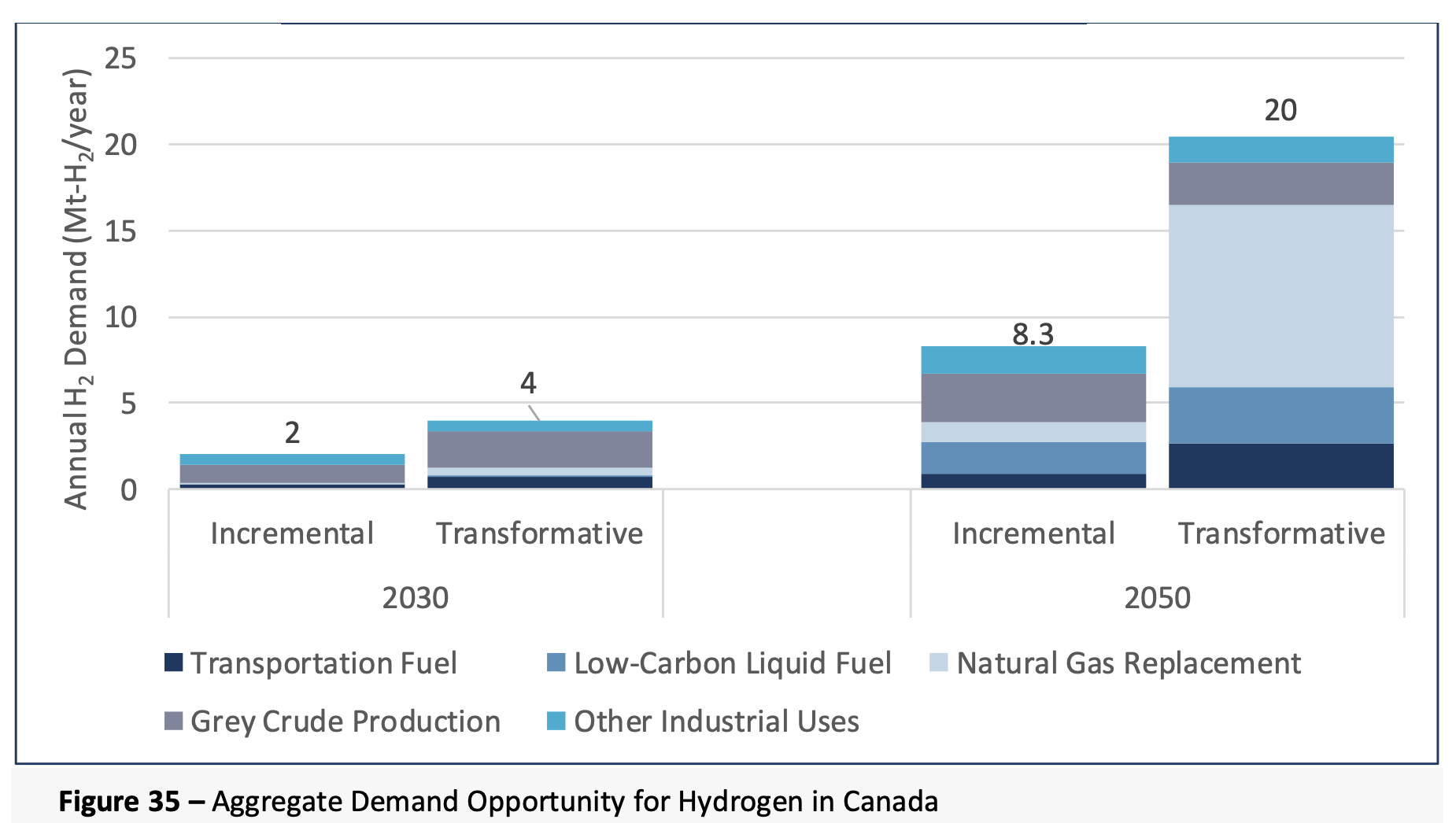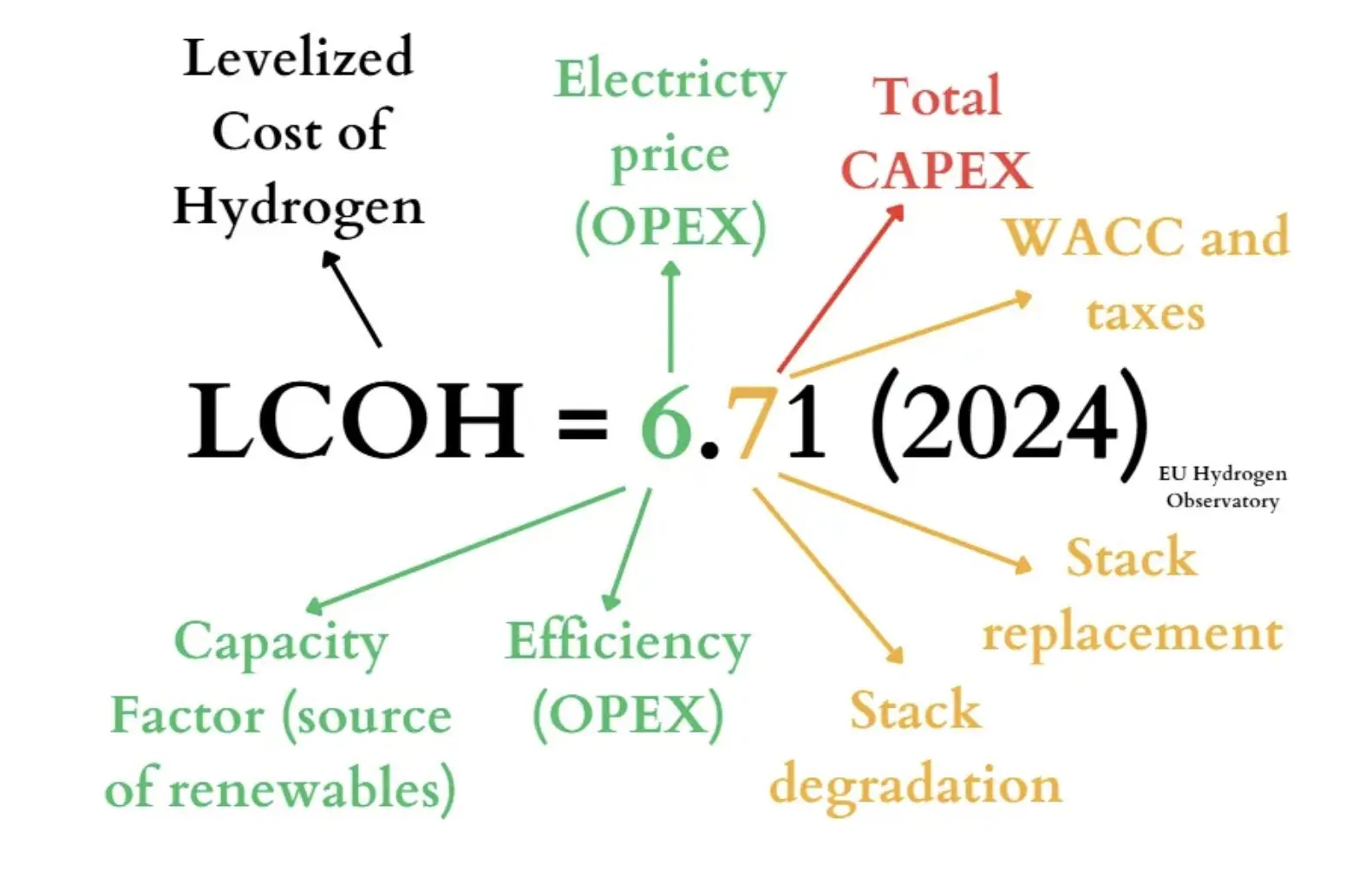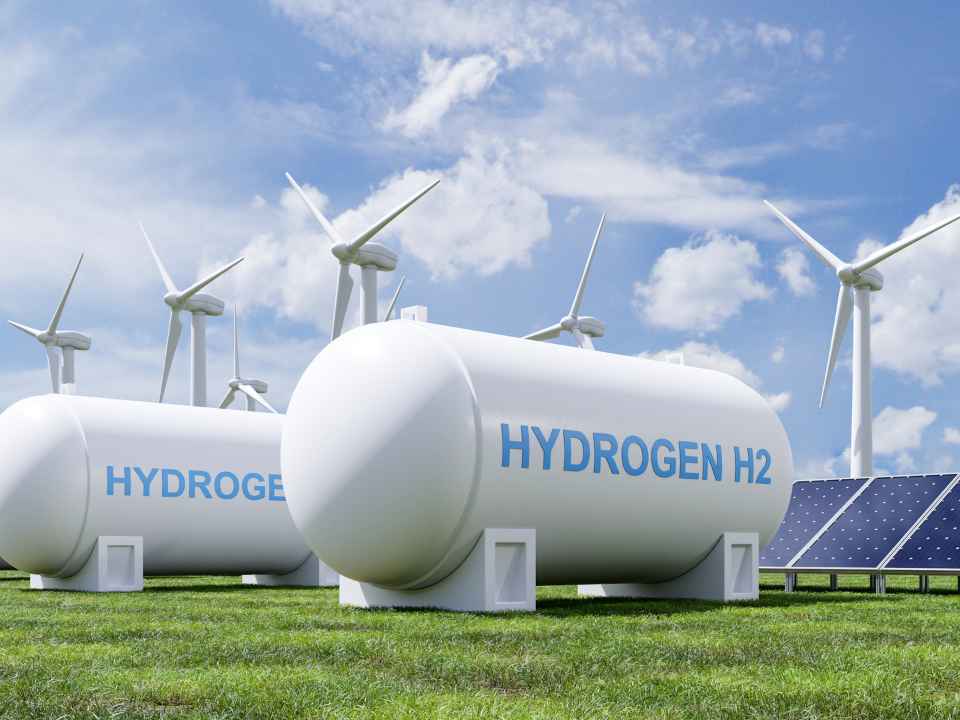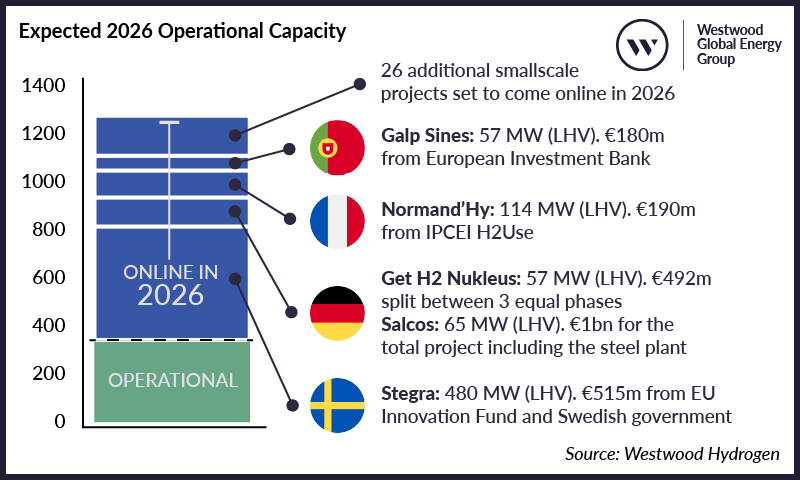
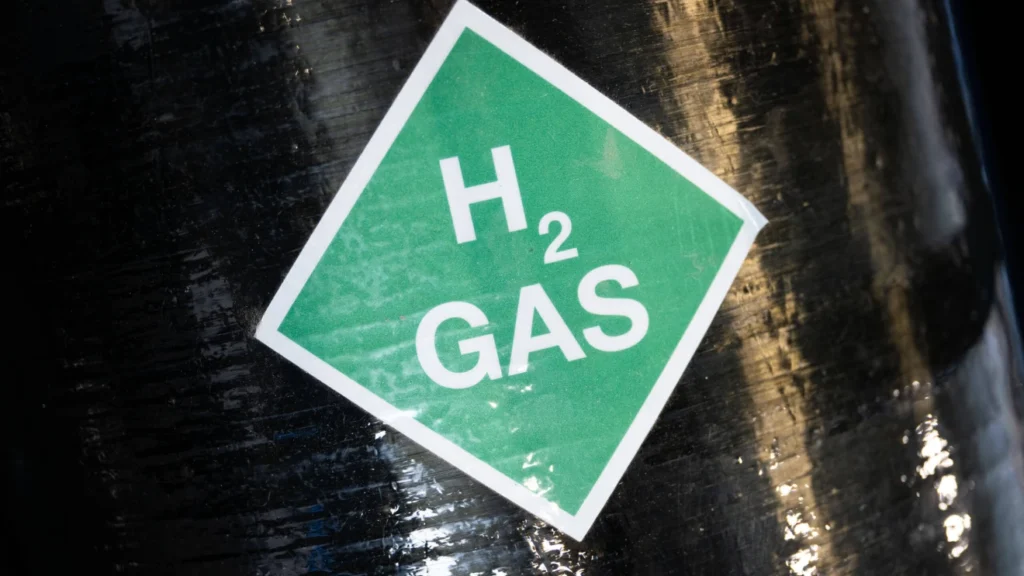
“We are still at the very beginning,” said Roland Schulze, adding the market for the gas – typically produced from excess renewables – was set to grow thanks to EU policies and its suitability for hard to decarbonise industries.
“The demand side is not there yet, those who could replace conventional hydrogen with green hydrogen are not ready to do so, which of course has to do with the cost,” Schulze said, with costs issues leading to a wave of project cancellations in Europe in the last few months.
The outlay for producing green hydrogen had been underestimated a few years ago and this had put pressure on growth, he added.
At the same time, carbon prices were too low to fully support the fuel.
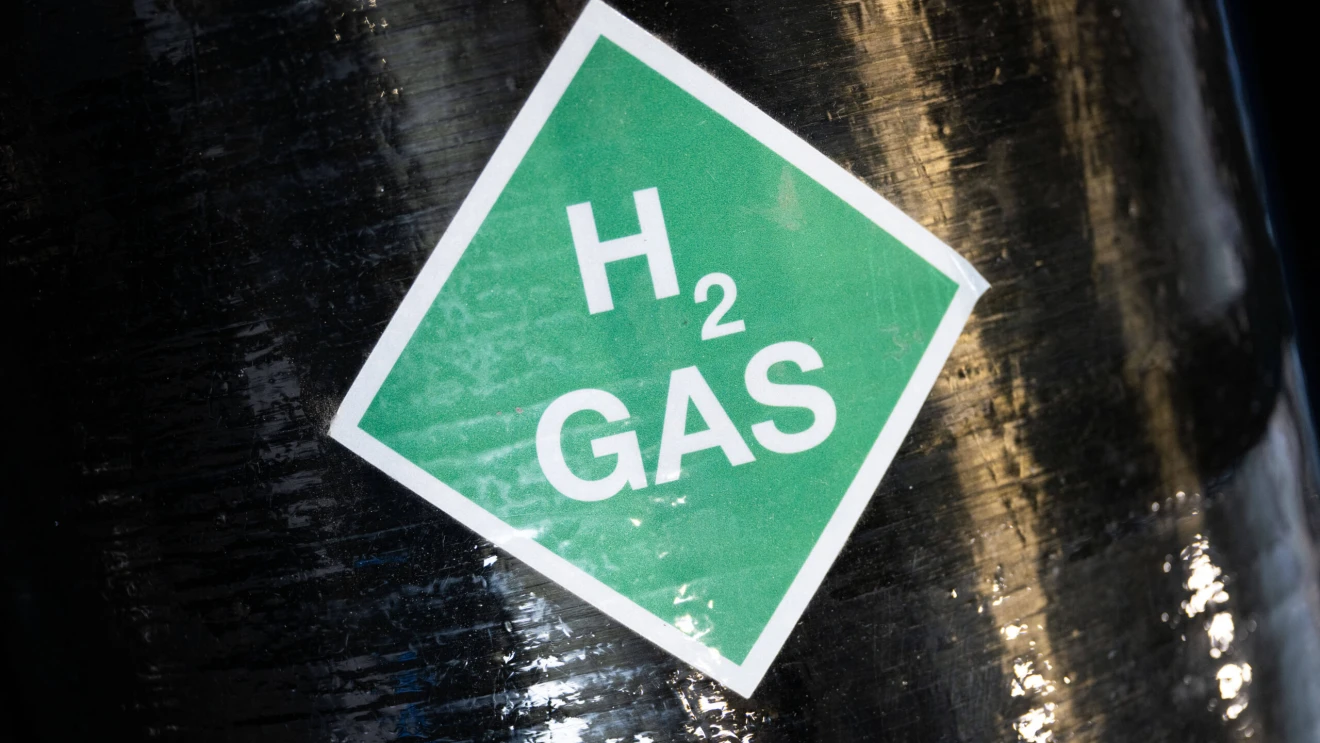
Source: Daniel Rheinhardt/IMAGO/NTB
Hydrogen produced from renewables was currently pegged at around EUR 6-10/kg, depending on location and electricity prices, compared with EUR 2.5-3.5/kg for conventional hydrogen, for example.
Overheads could start to fall, however, due to support from the European Commission and to the technology’s potential for helping industries such as fertilising and refining to decarbonise, the banker said.
However, this was difficult to quantify as production costs depended on electricity prices and the full load operating hours of electrolysers.
There was also a need for “massive investments into additional renewable electricity capacities”, Schulze said.
Meanwhile, investment proposals made to the EIB in green hydrogen related projects had stagnated this year “possibly linked to macroeconomic factors, such as high interest rates, inflation and volatility of energy prices” but that would likely change around 2030-2035.
Between 2014 and 2023, the bank approved around EUR 1.8bn of hydrogen-related financing. In July, a report by the European Court of Auditors found that the EU’s 10m tonne green hydrogen production target by 2030 was “unlikely to be met”, though the gas is seen as vital to the region’s renewables transition.
Source: Montel

